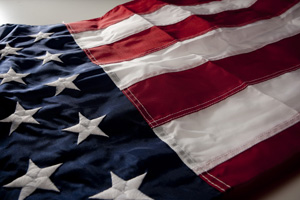
The Canadian mutual fund industry will likely see several changes and clarifications in the Canada Revenue Agency’s (CRA) update of its guidance notes for the U.S. Foreign Account Tax Compliance Act (FATCA), according to James Carman, senior policy advisor, taxation, with the Investment Funds Institute of Canada (IFIC).
Carman spoke at the 2014 IFIC Operations Day held in Toronto on Thursday.
One potential change to the notes relates to the dual liability of fund managers and dealers to verify which accounts must be reported to the United States. Wording in the original notes, released in June, states that fund companies are obligated to confirm the outcome of any due diligence a dealer has taken in regards to a client’s account.
The concern with this rule, said Carman, is the implication that fund companies might have to approach clients directly, thereby disrupting the dealer’s business relationship, if a dealer does not report by a set deadline that such due diligence took place.
“We didn’t want that,” said Carman. “So the CRA has tentatively agreed to remove that wording.”
Instead, fund companies and dealers will have more flexibility in terms of how they handle late status reports. For example, dealers who set up formal agreements regarding reporting will only have to provide information regarding U.S. connected accounts and fund companies can assume that due diligence was completed in regards to the remaining accounts. Without such agreements, dealers will have to send details of all clients not accounted for, whether they are U.S. reportable or not.
As well, Carman said fund companies will not have to redo any documentation for clients in the event of a mutual fund merger or switch.
According to Carman, the CRA has also stated that return of capital must be included in the annual reporting of income for U.S. reportable accounts.
Finally, the CRA has also clarified the requirements of dealers regarding the development of self-certification documents. “Canadian FIs [financial institutions] do not need to receive approvals from the IRS [Internal Revenue Service] or U.S. Treasury to use their own customized form for self-certification purposes,” he said.